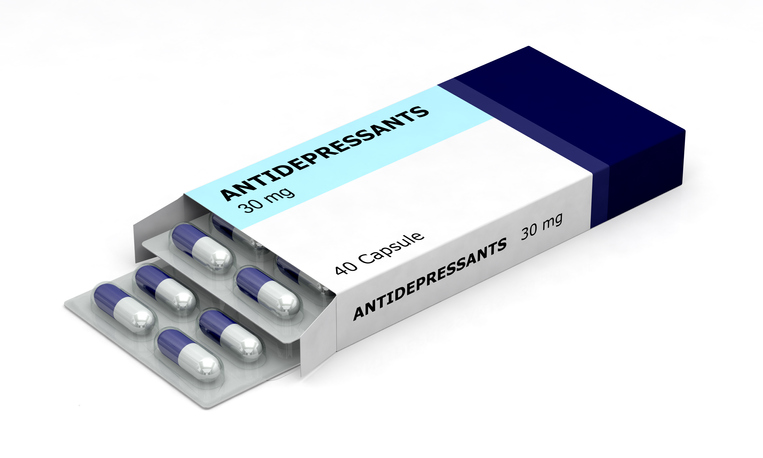Treatments
5 Things to Know About Nerve Blocks

What are nerve blocks?
Nerve blocks are medical procedures that block specific nerves from sending pain impulses to the central nervous system (CNS). They are categorized in several ways: why they are done (therapeutic, diagnostic, prognostic or preemptive), how they are done (non-surgical or surgical), and where they are done on the body (neck, back, shoulder, face, etc.).
Nerve blocks are not just for pain
Although a nerve block can reduce chronic pain by decreasing nerve irritation, it can also serve as a diagnostic tool. Nerve block injections can help locate the exact source of pain by discovering its origin. A nerve block injection is given and if the pain is relieved, the location is determined. Additionally, assessing how the pain is affected by the nerve block can help establish the reason for the pain and how to treat it.
Nerve blocks are typically not painful
Nerve blocks are a near painless procedure that takes between 20 and 30 minutes to complete. Individuals are required to stay awake for the length of the process to report any sudden increase in pain during the procedure.
A nerve block involves an injection near a nerve or group of nerves to reduce pain. An ultrasound, computed tomography (CT) scan, or fluoroscopy is used to properly guide the needle. The medicine injected typically includes a local anesthetic and/or anti-inflammatory medications. This numbs the area and reduces inflammation.
Soreness can occur after the procedure
The numbing medication can last between eight and 36 hours. If steroids are injected to reduce inflammation, they can take three to five days to become effective. Many people report soreness following the procedure. Medication to alleviate the increased pain sensation may be prescribed or recommended until the steroids reduce inflammation.
Each person responds differently
Although the average length of steroid response time is three days, the steroids may begin to act sooner, or they may not be effective until five days later. Also, a nerve block may provide immediate relief for some people, while others may require a series of injections before pain is reduced. This has nothing to do with the procedure or the quality of medications used, but instead varies individually and according to the cause of the nerve-related pain.
Nerve blocks can be repeated
If the procedure is successful and alleviates or greatly reduces pain, it can be repeated. Since nerve block injections are relatively safe, they can be repeated up to three times in one year. It is typically not replicated until the chronic pain begins re-emerging. A health care professional will assess the effectiveness of a nerve block and other current medical conditions to determine when or if a nerve block injection can be repeated.


















